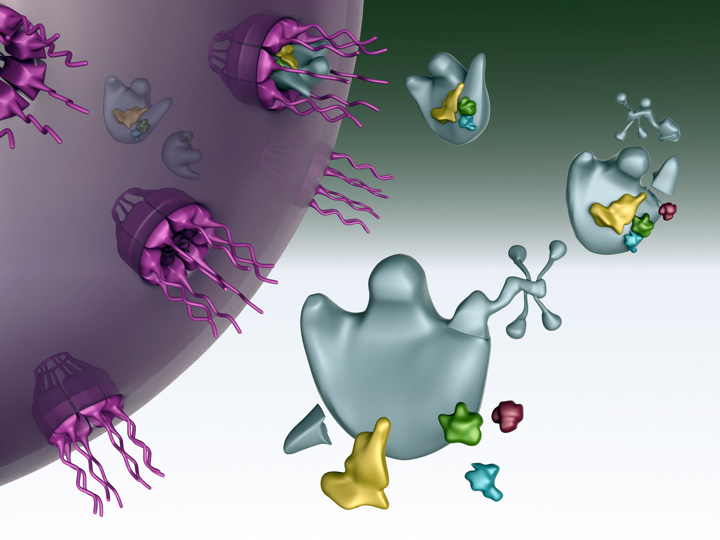Possible Explanation for Human Diseases Caused by Defective Ribosomes
Ribosomes are essential for life, generating all of the proteins required for cells to grow. Mutations in some of the proteins that make ribosomes cause disorders characterized by bone marrow failure and anemia early in life, followed by elevated cancer risk in middle age. These disorders are generally called “ribosomopathies.”






















